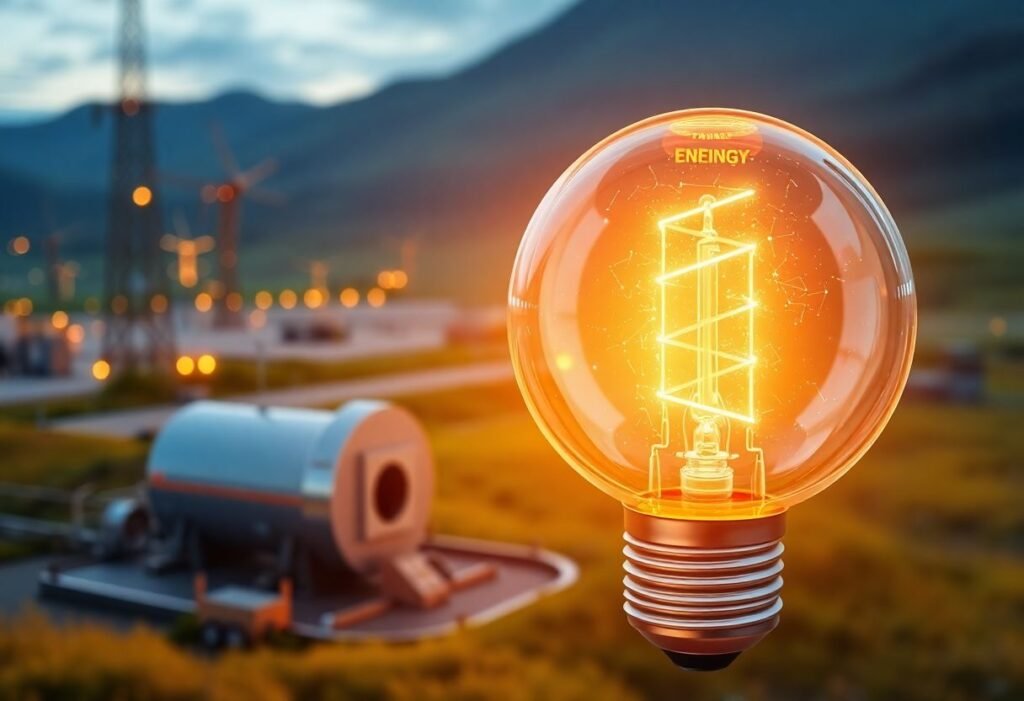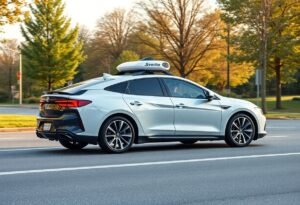The continual advancement in energy efficiency technologies plays a crucial role in shaping our innovative landscape. As global concerns about climate change and sustainability grow, innovations in this sector are essential for reducing energy waste and enhancing overall efficiency in various industries.
The Rise of Smart Energy Management Systems
Smart energy management systems are at the forefront of innovations in energy efficiency. These systems use IoT (Internet of Things) technology to optimize energy consumption. They collect real-time data and allow homeowners and businesses to adjust their energy usage based on demand, leading to significant savings. By implementing smart thermostats and energy monitoring devices, users can see immediate improvements in their energy bills, reducing their environmental footprint while enhancing convenience.
Advances in Building Automation
Building automation systems have become increasingly sophisticated, integrating artificial intelligence and machine learning to optimize energy use in residential and commercial buildings. This technology enables automatic adjustments to lighting and HVAC systems based on occupancy and sunlight availability. Such advancements not only achieve significant energy savings but also improve overall occupant comfort. Businesses can thus benefit from a dual advantage of minimization of costs through reduced energy consumption.
The Role of Renewable Energy Sources
As awareness grows about the importance of renewable energy, innovations in solar and wind technologies are emerging rapidly. New solar panels are designed to be less invasive while providing more energy output, making them a more appealing option for homeowners. Additionally, innovations in energy storage systems allow excess energy produced during peak sunlight hours to be stored for later use, providing a reliable energy source even during cloudy days.
Energy Efficient Appliances and Their Impact
Innovations in energy-efficient appliances are changing the market landscape significantly. From refrigerators to washing machines, modern appliances are designed to consume less energy while maintaining high performance. The introduction of energy labels has empowered consumers to make informed choices, driving demand for more efficient models that contribute to a decrease in household energy usage over time.
The Future of Electric Vehicles
Electric vehicles (EVs) represent a significant leap forward in energy efficiency. The latest models come equipped with advanced battery technologies that enhance range and efficiency. Coupled with a growing charging infrastructure, EVs are becoming an increasingly viable alternative to traditional fossil fuel-powered vehicles. As the industry continues to innovate, the adoption of EVs is expected to play a major role in reducing greenhouse gas emissions on a global scale.
Innovative Policy and Financing Strategies
Policymakers are recognizing the importance of fostering innovations in energy efficiency through various incentives and financing strategies. Programs that offer tax rebates for homeowners who upgrade to energy-efficient systems encourage widespread adoption. Furthermore, grants and low-interest loans for businesses investing in energy-saving technologies can significantly accelerate the transition towards a more energy-efficient economy, benefiting both the environment and the economy.
Disclaimer: The information and views presented in this document are for informational purposes only and should not be considered as professional advice.





















